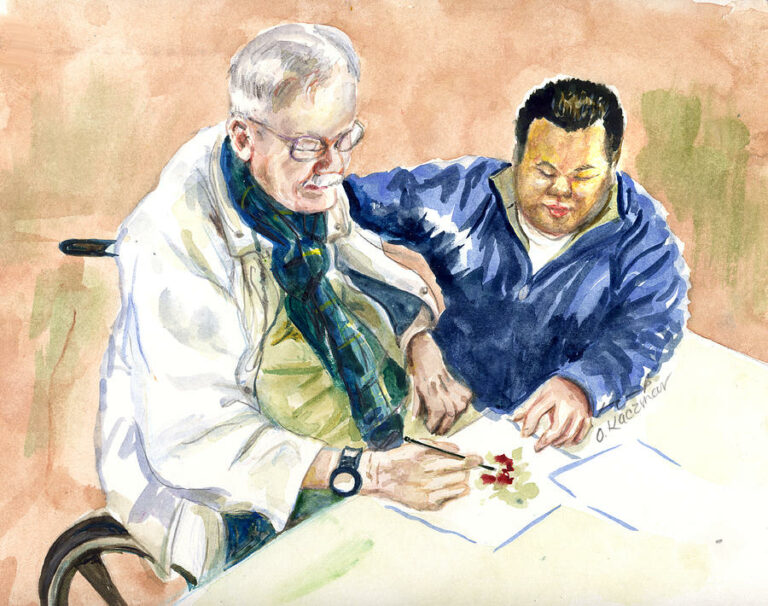
What If You Don’t Have Anyone to Be Your Executor? A couple in their 70s are trying to complete their estate plan but can’t determine who should be their trustee or executor. It’s a second marriage for both. They each have an adult child, but neither child can serve. There are no other living relatives, and all their friends are also in their 70s.
The couple gets kudos for tackling this complex issue, according to the article “We’re in our 70s and don’t trust our family to handle our estate. What can we do?” from Market Watch. Most people give up at this point and then run into problems in the future, either because of incapacity or because the death of the first spouse leaves the surviving spouse in a difficult situation.
The first place to start is conversing with your estate planning attorney. They will likely know of a professional trustee or company providing “estate administration services.” It may be possible that they offer this service in their own office, too.
If this isn’t satisfactory, speak with a major financial institution, which will likely be insured and subject to state and federal regulations. They may handle your financial and personal information, such as distributing assets, closing down accounts, handling digital assets and filing income and estate tax returns.
What If You Don’t Have Anyone to Be Your Executor?
Consider the window of time. You’ll want to be sure the person or bank will still be operating in ten to twenty years. You’ll also want to be sure they are a fiduciary. This means they are legally bound to put your interests above their own, which a court can enforce.
The fees will depend upon the size of your assets and the entity you choose. A large bank will usually charge a certain percentage of your assets. Some use a sliding scale, like 5% on the first $100,000 and a lower percentage as the asset level rises. A $1 million estate could cost around $30,000 to administer.
If a professional trustee is the same person who is administering your trusts, there will be additional fees. The assets in the trust will need to be managed, including investing, making distributions and paying taxes. Many professional trustees handle special needs trusts, where parents have left money for disabled adult children, and administer trusts for family members.
Sometimes, a professional trustee is a good idea, even when family members are available. Naming a professional, whether an institution or an individual, can alleviate concerns about family dynamics interfering with your wishes.
Schedule your phone consultation:
THE LAW OFFICES OF CLAUDE S. SMITH,III
What If You Don’t Have Anyone to Be Your Executor?
Reference: Market Watch (June 15, 2024) “We’re in our 70s and don’t trust our family to handle our estate. What can we do?”
Legal problems are extremely stressful, especially when your family, your health, or your freedom are at stake. At this point in time, you may not even be sure what kinds of questions you need to ask a lawyer, but that’s entirely normal. Whether your situation involves family law, estate planning, elder law, a criminal charge, or a personal injury, we will start by giving you all the information you need.
The way we see it, you deserve to get this information directly from an expert. That’s why we make it easy for you to get in touch with your lawyer, and we never ask you to sit down with a paralegal or assistant instead.
As our relationship continues, we will keep you updated about the status of your case every step of the way. Your lawyer will reach out regularly to tell you about any new developments, and he will also be happy to answer any questions you have throughout the process.
